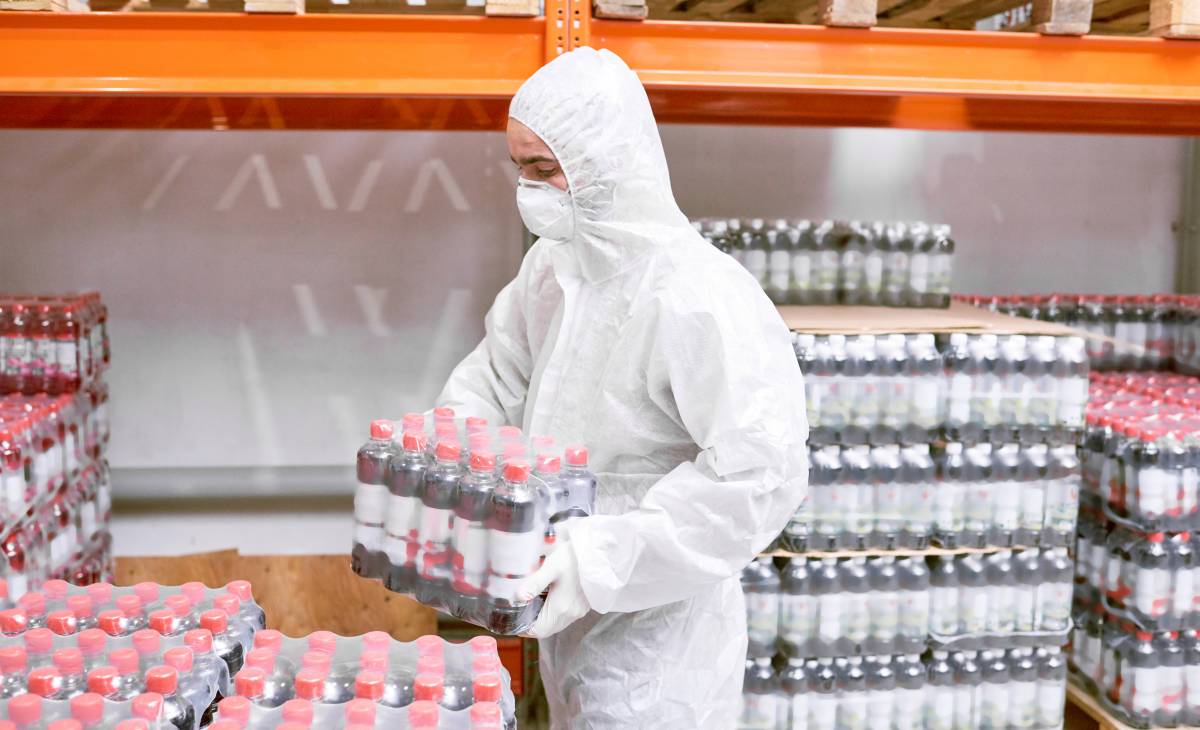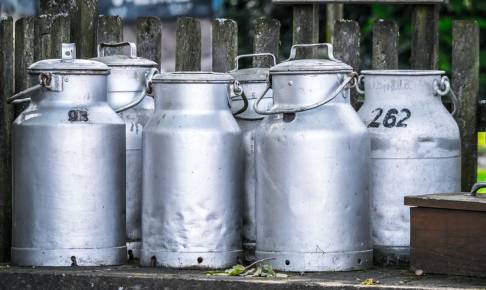China's iron fist: control and traceability of imported goods
After Wuhan outbreak of COVID-19 pandemic, China has been one of the most careful country in the world to control the virus, also using hard lockdown in large areas.
Today China is concerned about the risk of new outbreaks generated by goods imported from high-risk country, like EU or US. To reduce this risk, China is implementing new controls on imported goods. On January 17th, the central government released a guideline that standardizes prevention and control of the epidemic all around China (“Technical Guidelines for Prevention and Control of New Coronavirus for Imported Articles Production and Business Units”).
In addition to normal safety practices, like wearing masks and gloves or having body temperature tested everyday, the guideline states that who works with imported goods must test them with nucleic acid techniques, like PCR. Imported goods can be stored only when this test is negative, before that they must be kept separated from other goods. For those employees that work with items that cannot be tested for nucleic acid and preventive disinfection, is mandatory to wear a full-body protection.
The Chinese government wants a tight control on traceability: production and business units must establish a full-process traceability system for imported goods to record the list of employees who have direct contact with the goods in the factory and warehouse, during production and processing. It is required to make good inspection records, input records, factory sales records, flow records, and truthfully purchase records.
China applies these restrictions not only to their workers, but also to foreign businesses, discouraging those who do not meet these requirements entering in the Chinese market. These new measures could lead to longer shipping times and consequently more costs for all occidental businesses who want to export to China.
Offical source (in Chinese): http://www.nhc.gov.cn/zyjks/s7788/202101/7782dbb11f1c40dd8ac1beaaf50100c9.shtml






















